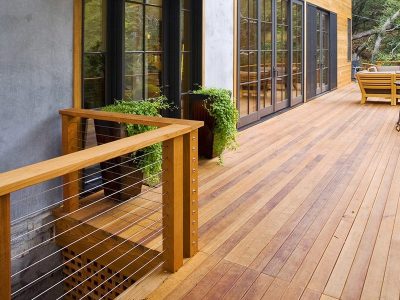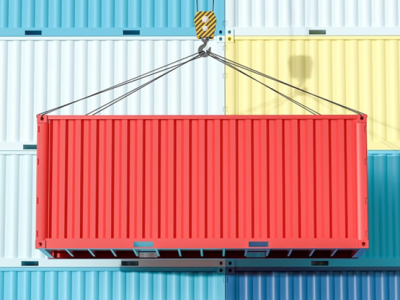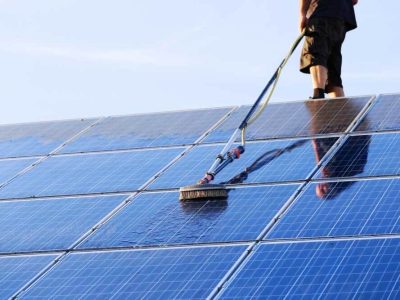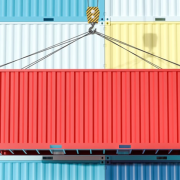The little town of Forest, Virginia, is approximately 12 miles beyond Lynchburg and gives its citizens a peaceful environment. People who wish to escape the commotion and tension of city life frequently choose Forest as their destination since homes are reasonably priced. The population is thus gradually increasing, but the natural beauty of the green trees remains the same. Over 11,075 residents in Forest, VA, live in 4751 households, which is growing by the day.
Whether the task is to maintain an area of forestland or to clean up a forested property in a residential area, forestry mulching is a tried-and-true method with several advantages. When homeowners, proprietors, governments, and even the planners of various building projects use forest mulching in Forest, VA, with the appropriate equipment to manage this procedure, they may clear wooded regions in the most effective and least harmful way.
What is Forest Mulching?
Forestry mulching is land care that entails turning foliage waste into mulch on-site rather than transporting it off-site in vehicles for waste removal. When it is feasible to leave such debris behind, using mulching services for land management, lot clearance, and other operations has several advantages. When done appropriately, mulching operations may be cost-effective and safe rather than completely clearing the ground of all plants. Without the damage and additional expenses associated with conventional land and lot clearance, mulching work provides an ecologically friendly option for maintaining forested areas’ cleanliness, safety, and health.
What Are the Significant Benefits of Forestry Mulching?
Forest, Virginia, is known for its natural growth, as its name suggests. Virginia’s primary land use is forestry, which accounts for 62% of the state’s total land area. Trees and shrubs grow even in regions with poor soils that may be better suited for several other uses, like cultivation and buildings. A low-impact, economical alternative for cleaning overgrowth in unusable land is forestry mulching. By removing trees, shrubs, and invasive weeds, mulching creates a flat base of vegetation that will decompose and improve the soil’s quality. After the job is completed, the mulch also prevents erosion. Since mulching often comes under maintenance rather than soil distribution, forestry mulching is a great alternative if standard land clearance procedures are not feasible owing to price, location, or permission requirements.
Allows sustainable practice
Forestry mulching is an environmentally benign method that offers several advantages over stripping, carrying, and disposing of waste vegetative material. Less machinery is needed to perform it, it leaves less of an environmental footprint, and no garbage is dumped in landfills. Additionally, mulching labour improves the health of wooded land, lowers the risk of rapid fires, and helps protect it.
Decreases weeds, insects, and tree disease
By leaving behind mulched foliage, forestry mulching in Forest, VA, provide a ground cover that hinders weed growth and its capacity to suffocate valuable plants or produce more fuel for wildfires. Additionally, this can lessen the population of dangerous insects like ticks in the region and limit or stop the development of tree diseases.
Nourishes and protects soil quality
Branch, twigs, and other vegetative debris that has been finely crushed will gradually degrade on the ground and serve as nourishing compost for the soil. Additionally, mulch can aid in preventing erosion, but more significantly, healthy soil is necessary for thriving trees.
No licenses needed
Forestry mulching doesn’t need any license to be carried out, unlike other land management activities that include scraping the area with a range of construction machinery and eliminating waste. Similar to trimming and mowing, forestry mulching labour is regarded as a kind of forestry maintenance. Quick and affordable. They may be completed swiftly and economically on any terrain and in any season.












Comments